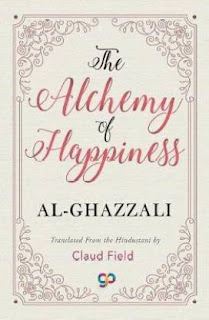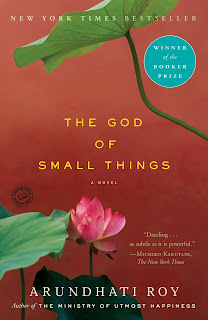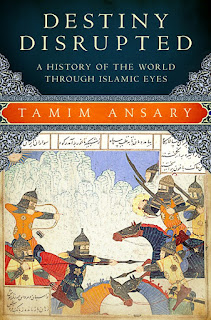The Muslim Vanishes - A Short Intro

Can you imagine an India without Muslims? What if the Muslims of India disappear all of a sudden? If such an event happens, then.... What will be the agenda of the communal forces without Muslims? Will the majority Dalits and OBCs start ruling over the minority Upper Caste Hindus? What will be the topics of discussion in the Prime Time shows of mainstream Media channels? Etc., etc.! The Muslim Vanishes by Saeed Naqvi, a book written in the form of a play, precisely deals with these inconceivable events. Through the play, Mr. Naqvi portrays how the disappearance of 200 million Muslims creates an imbalance in the nation's social and political equation, and how the remarkable event creates a sense of power within the lower castes, while on the other hand, it creates a sense of insecurity and loss within the ruling upper castes. The play brings in historical figures, who had played an important role in establishing a culture of unity and brotherhood, to explore the reasons why Musli


